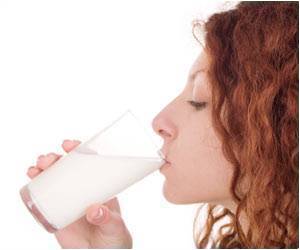Artificial sweetened beverages are associated with obesity, diabetes, metabolic syndrome, finds recent study.

But, the new study reports surprising evidence on the negative impact of artificial sweeteners on health, raising red flags about all sweeteners-even those that don't have any calories.
"It is not uncommon for people to be given messages that artificially-sweetened products are healthy, will help them lose weight or will help prevent weight gain," author Susan E. Swithers of Purdue University, said.
"The data to support those claims are not very strong, and although it seems like common sense that diet sodas would not be as problematic as regular sodas, common sense is not always right," she said.
Consumption of sugar-sweetened drinks has been linked to obesity, type 2 diabetes, and metabolic syndrome-a group of risk factors that raises the risk for heart disease and stroke.
As a result, many Americans have turned to artificial sweeteners, which are hundreds of times sweeter than sugar but contain few, if any, calories.
Advertisement
As few as one of these drinks per day is enough to significantly increase the risk for health problems.
Advertisement
The study is published by Cell Press in the journal Trends in Endocrinology and Metabolism.
Source-ANI











